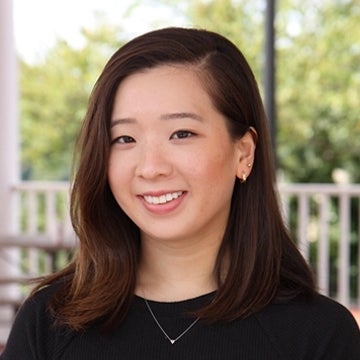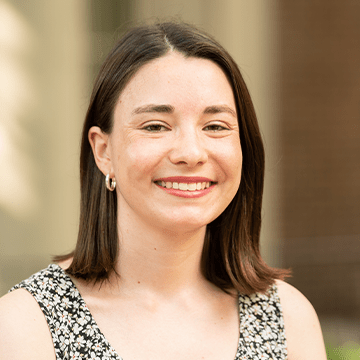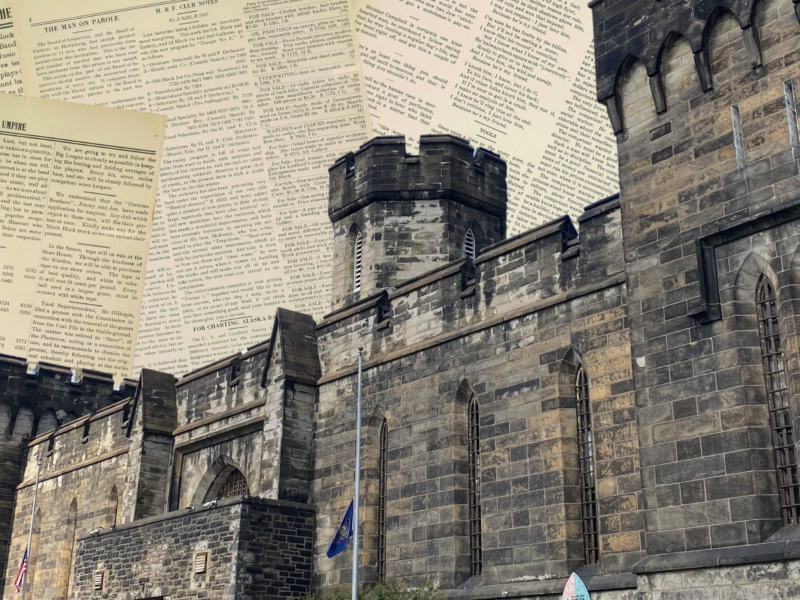Doctoral students from Annenberg will present papers at the 4th Annual Lisbon Winter School, organized by Center for Media at Risk Director Barbie Zelizer and Nelson Ribeiro, Dean of the Faculty of Human Sciences and Coordinator of the Doctoral Program in Communication Studies at Universidade Católica Portuguesa.
Accepted Students

| Liz Hallgren “Destroyer of Worlds”: Individual Narratives, Mass Atrocity, and Moral Ambivalence Liz Hallgren studies the cultural work of journalism, particularly as it relates to issues of national identity, race, and ethnicity. She is especially interested in journalistic genres, and the kind of myth making enabled by tropes, convention and style in mainstream Western news. She pays close attention to how the cultural work of journalism has consequences for global world orders, from the (tenuous) dominance of the nation-state to discourses around democracy and political subjectivity. |

| Jenny Lee Anon, Please! A Digital Ethnography of DeuxMoi’s “Sousveillant” Citizen Paparazzi (Co-written with Louisa Lincoln) Jenny Lee studies the intersection of labor, surveillance, and identity. Her current research examines the motivations, experiences, and implications of the work of doing surveillance. She studies the intersection of labor, surveillance and identity. Her current research examines surveillance as a form of labor, focusing on the variety of sociocultural and economic motivations and implications of this work on marginalized communities. |

| Louisa Lincoln “A Stronger Future for Journalism”? Considering Ambivalence in Coverage of Corporate Journalism Philanthropy Louisa Lincoln’s research examines sustainable funding models for nonprofit news and public media organizations. Her research examines sustainable funding models for journalism, with a focus on nonprofit news and public media organizations in the United States. She is also interested in the intersection of media policy and journalism funding — particularly publicly-funded models for local news — and the relationship between nonprofit newsrooms and their philanthropic funders. |

| Thandi Lyew The Influence of Uncertainty Intolerance on Daily Mood Before and During COVID-19 Thandi Lyew’s research investigates the effects of message framing on environmental decisions and health behavior. She evaluates the factors that contribute to message effectiveness, such as curiosity, empathy, attitudes and beliefs. Her research aims to explore the ways in which messaging can target cognitive barriers (i.e. coping with uncertainty, discounting, affective predictions) that influence decisions regarding health and sustainability. She uses a mixed-methods approach, including fMRI, actigraphy, behavioral tasks and standardized assessments. |

| Valentina Proust I Hear You, I Hear Us: Protest Anthems as Expressions of Feminist Solidarity Valentina Proust’s research explores counter-hegemonic discourses, cultural trauma, and collective memory and identity as tools to challenge dominant narratives. Her research observes how marginalized communities are represented in media and how they create discourses of resistance against hegemonic narratives. With a particular emphasis on gender issues within the Global South, her work delves into the influence of cultural traumas on these communities, exploring how such traumas shape collective memory, identity formation, and contribute to fostering solidarity, activism and social justice. |

| Sara Reinis “TikTok is One Long Conversation with the Universe:” Manifestation Content on TikTok and How Platform Affordances Shape Emerging Spirituality Sara Reinis’s research investigates how algorithmically-driven social media brings commercial logic into the most intimate layers of identity formation, cultural norms and community practices. Her work is broadly situated in the burgeoning field of algorithmic studies and her current research aims to bring this scholarship into conversation with religious studies in order to uncover how social media is molding belief systems and approaches to spirituality. |

| Ran Wang Reiteration of Parody as Connective Actions: Chinese Political Jokes During the COVID Pandemic Ran Wang is a first-year Ph.D. student in Sociology and Communication at University of Pennsylvania. Her research interests include sociology of culture, digital media and gender. Ran’s research focuses on the impact of censorship on digital culture. She’s interested in how users experience and make sense of censorship in their everyday interaction with it. |


